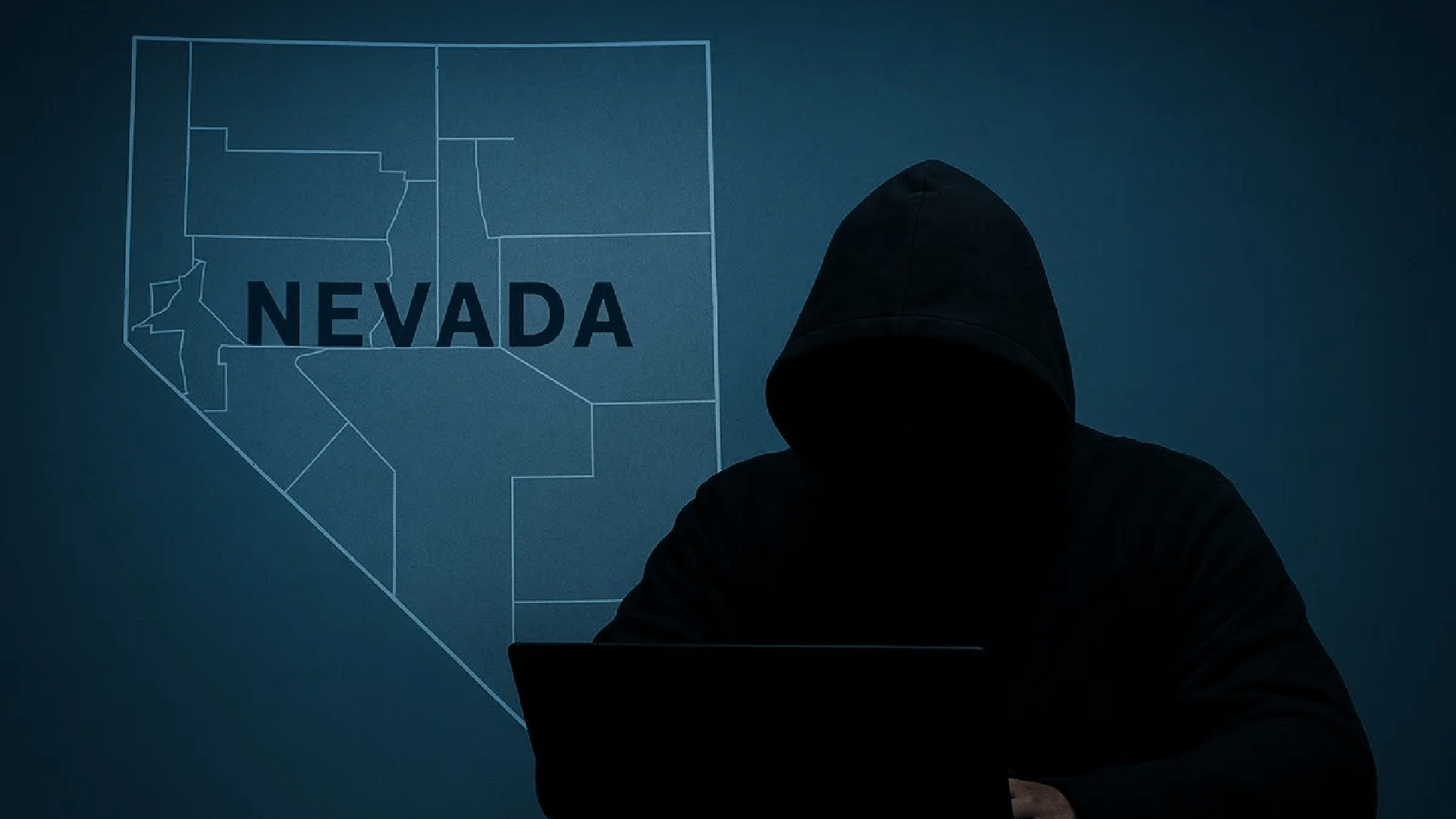
Thomas McPeek, a 24-year-old man from Chicago residing with his parents, had no desire to pursue the challenging path to financial autonomy. He sought the quick path that sports betting appeared to offer him.
However, he wasn’t planning to rely on mere chance for his success. He researched parlays, wagers that require multiple events to occur for a payout. He carried out thorough investigations into particular football bets that could provide him with an advantage.
And now, the two casinos where his strategy was most successful are refusing to pay up.
“It was calculated attack,” McPeek admitted to CBS News/Chicago. “(But) it’s not like I can just snap my fingers and just make the bets win. They still have to win.”
Out of the numerous small wagers McPeek made beginning in August and September of 2023, the vast majority lost. However, a small number achieved significant victories.
A sportsbook — specifically a FanDuel location run by Boyd Gaming at Blue Chip Casino in Michigan City, Indiana — awarded McPeek the $127K prize. Caesars Entertainment, however, nullified both the betting slips that earned him $350K at their Horseshoe Casino in Hammond, In. and $450K at their Isle Casino in Bettendorf, Ia., though they proposed to reimburse the $50K he used for those bets.
What Was His Mistake?
McPeek argues that his wagering was entirely legal and transparent, thus Caesars owes him $800K. Nonetheless, two of his tactics breach standard casino regulations: interstate collaboration and organization. Gaming regulators typically permit casinos to deny payouts to players who win by violating their explicit policies—such as card-counting in blackjack—despite the absence of any legal infractions.
- Cross-State Coordination: While betting across states is not illegal, coordinated betting across states can violate casino terms of service and even state regulations. It can also be seen as an attempt to manipulate the system.
- Structuring: McPeek broke down large wagers ($30K in Indiana and $20K in Iowa) into dozens and dozens of smaller ones. This is prohibited due to its prominence in money-laundering. Ironically, McPeek employed it for the very reason that it got him noticed: to avoid being noticed. (Casinos are federally mandated to report any cash transactions over $10K.)
Certainly, McPeek acknowledged deliberately altering his appearance to evade recognition.
“I’ll switch up the disguise — sunglasses,” he told CBS. “I’ll hide my hair in my hat, I’ll put it up in a bun.” But, he added, there are “no rules against staying under the radar.”
Nonetheless, McPeek has already been defeated in his case against Caesars by the Indiana Gaming Commission, which determined that the casino corporation followed its policies when canceling his bets at the Horseshoe.
His additional case against Caesars is presently being examined by Iowa regulators. If he loses there as well, he is allegedly preparing a civil lawsuit against Caesars for the total $800K.
Moreover, CBS indicated that McPeek is prohibited from returning to all three casinos mentioned in this article — a restriction that likely extends to all Caesars properties as well — but the length of that prohibition remains unknown.
McPeek's parents might consider delaying the transformation of their son's bedroom into an office or gym.

 UK
UK








